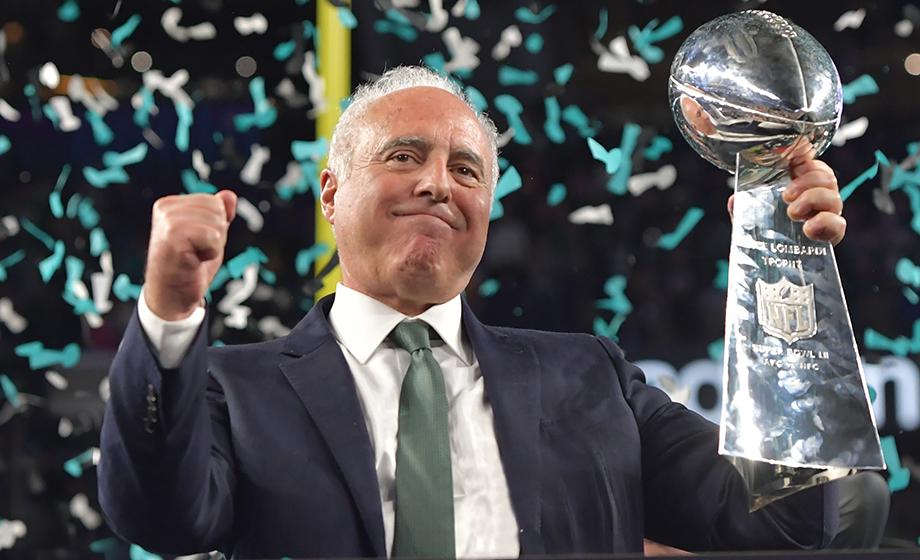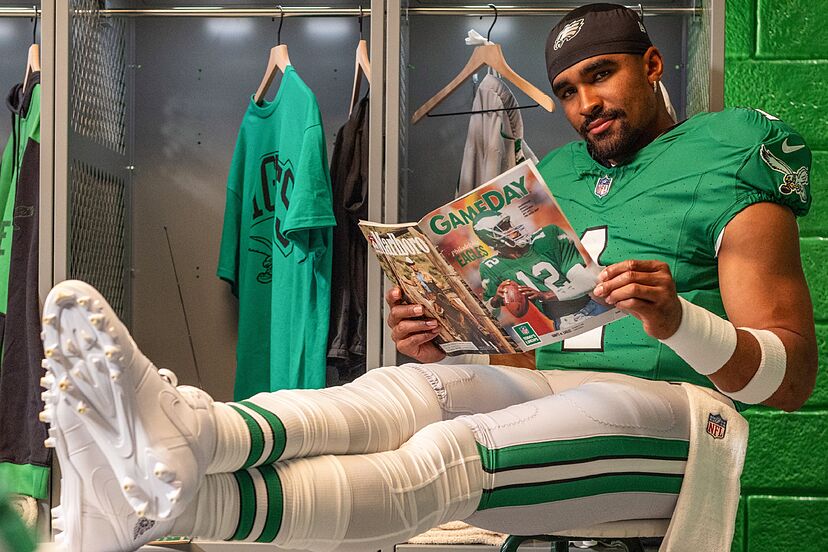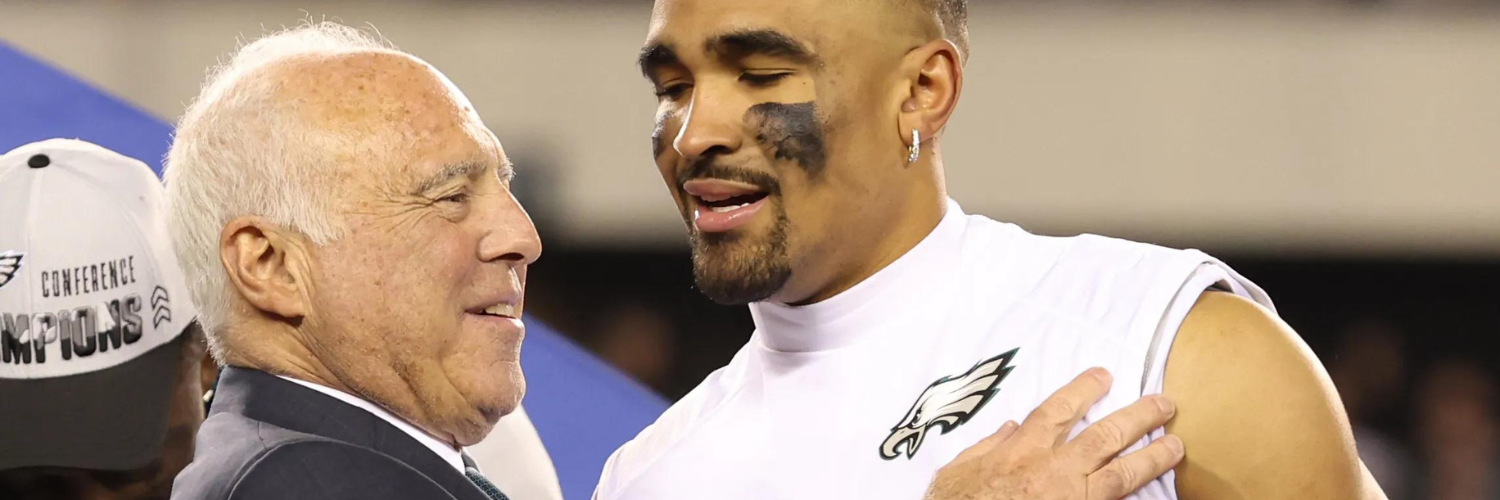Philadelphia Eagles Franchise Value
The Philadelphia Eagles boast an iconic status in the National Football League. Established in 1933, they’ve captured four NFL titles and their first Super Bowl championship in 2018. With a storied past and passionate fans, the franchise holds immense value under current owner Jeffrey Lurie.
Philadelphia Eagles Team Value : $5.8 Billion
- Championships: 4
- Year Purchased: 1994
- Price Paid: $185 Million
- Revenue: $598 Million
- Operating Income: $187 Million
- Player Expenses: $227 Million
- Gate Receipts: $86 Million
- Revenue Per Fan: $33
MORE: VIEW THE FUL LIST OF NFL TEAM VALUATIONS
Early Eagles Era Shaped by Influential Leaders
From 1933 to 1939, owner/coach Bert Bell developed the Eagles. After Bell sold in 1940, Hall of Famer, coach Greasy Neale steered the team’s direction. The Eagles collected 3 NFL championships games between 1947-1960 before the AFL/NFL merger in 1970. Recently, they’ve played in multiple Super Bowls – losing the first two but winning in Super Bowl LII in 2017.
Jeffrey Lurie’s Ownership Impact
Jeffrey Lurie purchased the Philadelphia Eagles in 1994 for around $185 million. Under his ownership, the team has made nine playoff appearances and captured multiple division crowns. Lurie helped construct the state-of-the-art Lincoln Financial Field that reportedly cost $360 million and opened in 2003.

What is the Philadelphia Eagles Franchise Worth?
According to Forbes’ latest data, the Philadelphia Eagles franchise value reaches an estimated $5.8 billion, ranking 10th among NFL teams. This impressive valuation highlights the team’s on-field triumphs, massive fan base, and robust revenue streams.
Philly’s Diverse Revenue Streams
NFL franchises earn from ticket sales, merchandise, sponsorships, and TV deals. The Eagles consistently rank high in attendance, filling Lincoln Financial Field for most home games. Strong merchandise sales and corporate partnerships fuel profitability, though exact financials remain private. The team’s sustained success and popularity are clear signs of a lucrative business model.

Beyond traditional income, the Eagles pursue alternative revenue paths. One noteworthy example: the Talen Energy renewable energy partnership powering Lincoln Financial Field. The team has also invested in real estate projects surrounding the stadium for added income opportunities.
With dedicated ownership, talented players, and ardent supporters, the Philadelphia Eagles seem primed to maintain elite franchise value and financial accomplishments within the NFL for years ahead.

